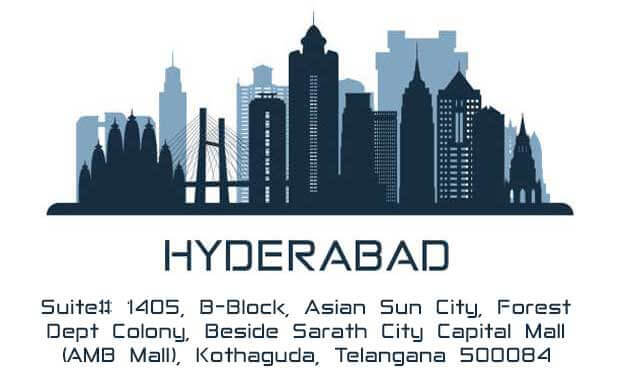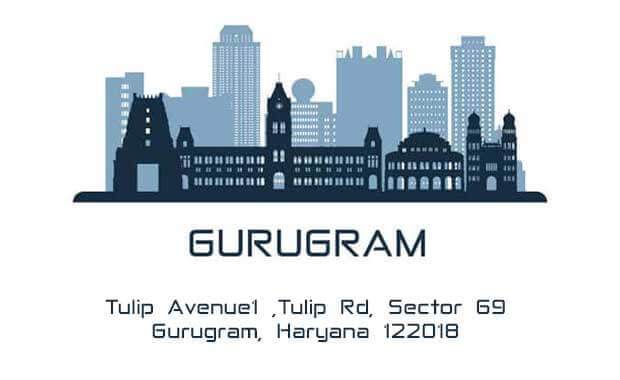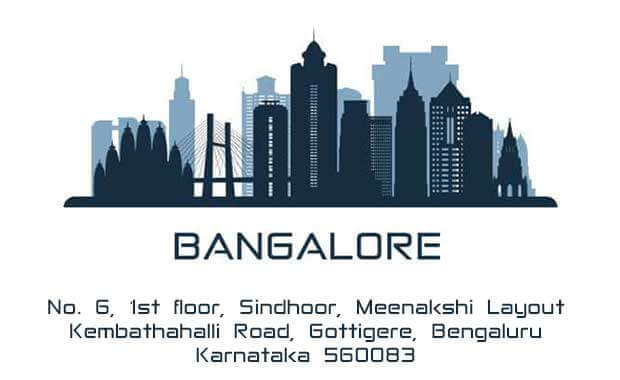What is a MERN stack?
MERN stands for MongoDB, ExpressJS, ReactJS, and NodeJS. Developers employ a MERN stack, which is a collection of four separate software tools, to create websites and web apps. MERN stands for MongoDB, a document database; ExpressJS, a NodeJS web framework; ReactJS, a client-side JavaScript library; and NodeJS, a NodeJS web server. These four technologies are all open source, which implies that everyone is allowed to use them and that the community maintains them. MERN stacks are used by developers to build, host, and update web content. Many of the single-page web applications that we use every day now are powered by this well-liked technology.
Why is a MERN stack important?
Web developers choose a MERN stack to build web applications for the following reasons:
MongoDB, the document database at the core of the MERN stack, comes first. Everything in MongoDB, including its command-line interface and query language (MQL, or MongoDB Query Language), is based on JSON and JavaScript. Technically, MongoDB employs a binary version of JSON called BSON.
MongoDB integrates effectively with Node.js and makes it exceptionally simple to store, manipulate, and represent JSON data at every level of your application. MongoDB Atlas makes it even simpler for cloud-native applications by providing you with an auto-scaling MongoDB cluster on the cloud provider of your choice with only a few mouse clicks.
The JavaScript/JSON application MERN's complete stack uses Express.js (running on Node.js) and React.js to be, well, full. A server-side application framework called Express.js makes it simple to map URLs to server-side operations by wrapping HTTP requests and answers. React.js is a JavaScript front-end framework for creating interactive HTML user interfaces and interacting with a server remotely.
JSON data flows effortlessly from front to back as a result of these factors, making it quick to build on top of and comparatively easy to debug. Additionally, all of the systems can be understood with just a basic understanding of the JSON document structure and one programming language.
For contemporary web developers wishing to work swiftly, MERN is the stack of choice.
Advantages of MERN?
UI rendering and performance
The greatest framework for UI layer abstraction is React JS. React gives you the freedom to create the application and arrange the code however you choose because it is basically a library. In terms of performance and UI rendering, it is generally superior to Angular.
Cost-Effective
It will be advantageous for a company to recruit Javascript specialists rather than different specialists for different technologies, as MERN Stack uses Javascript as its primary language. Time and money will be greatly reduced by this measure.
Open Source
The technologies used by MERN are all open-source. With the help of this tool, a developer can find answers to a variety of queries that can arise while they are engaged in a project. It will therefore be advantageous for a developer.
Easy to switch between client and server
As everything is written in one language this is why MERN is simple and fast. And also, it is easy to switch between client and server.
Because it makes it simple to create and deploy full-stack online applications, the MERN stack is a popular option for developing contemporary web applications. It makes it easier for mobile app development service providers to work on both the front-end and back-end, as they don't need to learn two separate languages.
What is the MERN architecture?
The MERN architecture allows you to easily construct a three-tier architecture (front end, back end, database) entirely using JavaScript and JSON.
ReactJS
The top tier of the MERN stack is made up of React.js, a declarative JavaScript framework used to create dynamic client-side apps in HTML. React enables you to link simple components to data on your back-end server, connect complicated interfaces to those connections, and render those interfaces as HTML.
React's strong suit is handling stateful, data-driven interfaces with minimum law and minimum pain, and it has all the bells and hisses you'd anticipate from an ultramodern web frame, including great support for forms, error running, events, lists, and more.
Express.js and Node.js
The Express.js server-side framework, which functions inside a Node.js server, is the framework underneath that. Express.js bills itself as a "fast, unopinionated, minimalist web framework for Node.js," and that is indeed exactly what it is. Express.js offers robust models for handling HTTP requests and responses as well as URL routing (correlating an incoming URL with a server function).
You may connect to the Express.js functions that power your application by sending XML HTTP Requests (XHRs), GET requests, or POST requests from your React.js front end. These functions then access and update data in your MongoDB database using the Node.js drivers for MongoDB, either through callbacks or promises.
MongoDB
If your application stores any data (user profiles, content, comments, uploads, events, etc.), then you're going to want a database that's just as easy to work with as React, Express, and Node.
MongoDB can help with this since it allows JSON documents written in your React.js front end to be forwarded to the Express.js server for processing and, if they're valid, direct storage in MongoDB for later retrieval. Again, if you're building in the cloud, you'll want to look at Atlas. Continue reading if you want to put up your own MERN stack!
Is MERN a full-stack solution?
Yes, MERN is a comprehensive stack that uses React.js for front-end display, Express.js and Node.js for application and database tiers, and MongoDB for the database layer.
- Quick and efficient than the traditional servers, making it apt for small apps
- More responsive to user inputs, offering a better user experience
- The business logic and presentation details are kept separate in the MVC design
- Both frontend and backend app development are supported by full-stack development
- Troubleshooting input/output and CPU issues take less time with a quick and reliable web server.






